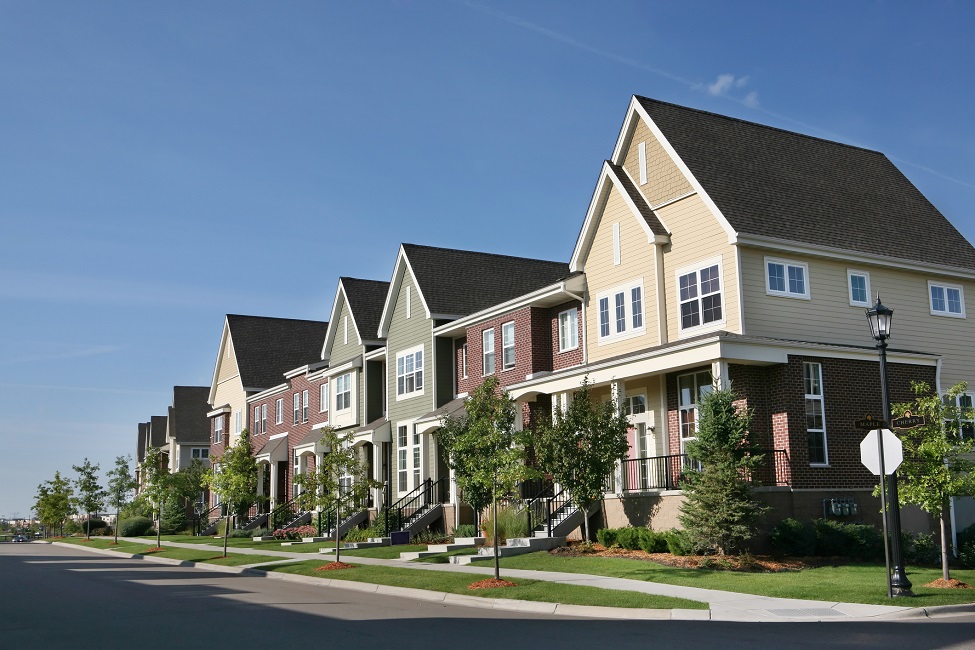Index Spotlights Where Home Prices are Rising the Fastest

Home prices are escalating quickly in Dallas and a handful of other U.S. cities where consumers would be better off financially by renting and reinvesting the money they would otherwise have spent on homeownership.
That’s the takeaway from first-quarter figures in the Beracha, Hardin & Johnson Buy vs. Rent Index, a national housing barometer created by professors at Florida Atlantic University and Florida International University. The index analyzes 23 U.S. metropolitan markets and determines whether consumers will create wealth faster by buying a home and building equity or renting a similar property and investing their savings in a portfolio of stocks and bonds.
Dallas is the U.S. metro where it made the most sense to rent in the first three months of 2021. Consumers also were wise to rent and avoid the overheated housing markets in the following areas: Denver, Houston, Kansas City, Miami and Seattle.
“The BH&J scores for these areas suggest they are the most exposed to price corrections in the event of a real estate downturn,” said Ken H. Johnson, Ph.D., co-author of the index and a real estate economist and associate dean in FAU’s College of Business. “Buyers are bidding up home prices to near peak levels. It is probably wiser to rent and reinvest in Dallas and these other markets at this point in time.”
The buy or rent decision wasn’t as clear-cut in the following metros, although renting still is the better option: Atlanta, Los Angeles, Philadelphia, Pittsburgh, Portland and San Diego.
Consumers determined to buy a home and build equity should consider settling in Chicago, the U.S. market where it made the most sense to own during the first quarter. New York and Cleveland also favored owning, according to the index.
“In those three metro areas, prices are rising more moderately, leaving room for future price appreciation,” Johnson said.
The index also revealed that buying was a wise decision in these metros: Boston, Cincinnati, Detroit, Honolulu, Milwaukee, Minneapolis, San Francisco and St. Louis.
The index examines the U.S. housing market by factoring in home prices, rents, mortgage rates, investment returns, property taxes, insurance and home maintenance costs.
Many consumers want to buy now because they can afford more house for their money due to persistently low mortgage rates. But the nation’s housing market would take a hit if rates rise, according to the professors.
“All markets are exposed to the potential for high interest rates as we are at historic lows,” said FIU’s William Hardin, Ph.D., an index co-author.
Homeownership traditionally was considered the far better option than renting and reinvesting, but the historic housing crash from 2006-2011 changed that perception for many Americans. The BH&J Buy vs. Rent Index, first published in 2013, shows that even when home prices are rising, renting and reinvesting can be equally or more lucrative for disciplined savers.
“Most people used to believe that renting was throwing your money down the drain every month without getting anything for it,” said Eli Beracha, Ph.D., index co-author and director of FIU’s Hollo School of Real Estate. “But research has shown that renting and investing the money that would otherwise be spent on ownership can build a nest egg superior to owning and building equity.”
All three professors stressed that consumers essentially have three choices: buying and building equity, renting and reinvesting money that would otherwise have been spent on ownership, and renting but spending on consumption rather than saving. The first two choices are viable wealth creation strategies, while the third should be avoided because it prevents wealth creation.
-FAU-
Tags: business | faculty and staff